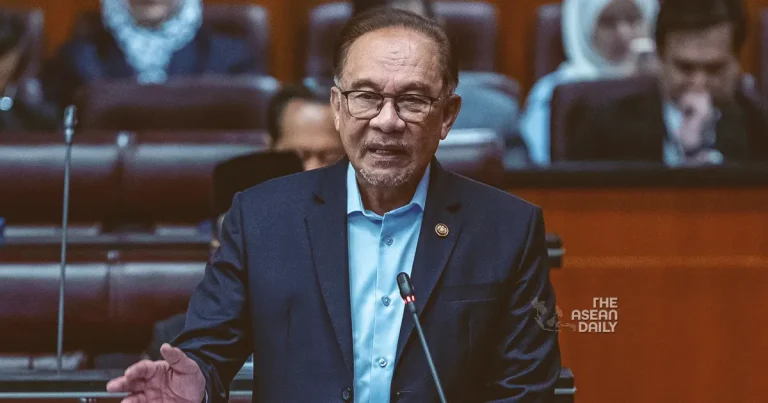18-2-2024 (KUALA LUMPUR) Malaysia’s government, led by Prime Minister Anwar Ibrahim, is facing a political and public backlash over its bold plan to eliminate pensions for new government employees. While hailed as a necessary step to curtail expenditures, critics argue that it may alienate the majority Malay voters, constituting a significant portion of the country’s 1.7 million civil servants.
Pension payments for over 900,000 retired civil servants are anticipated to exceed RM32 billion in 2024, representing over 10% of the projected operating expenditure. Anwar’s government aims to implement the new scheme in 2024, requiring a constitutional amendment, which is feasible given the Prime Minister’s substantial majority in Parliament.
The proposal, contemplated since the 1990s, faces political risks for Anwar’s unity government. University of Malaya sociopolitical analyst Awang Azman Pawi warns that while the move is financially prudent, it might lead to political suicide by losing support, especially among Malay voters.
Anwar’s Pakatan Harapan alliance secured only an 11% vote share from the Malay community in the 2022 general election. A survey by Merdeka Centre in November 2023 revealed that 81.1% of Malays were dissatisfied with Anwar’s economic policies. Analyst Halmie Azrie Abdul Halim suggests that slashing the pension scheme might be exploited by opposition parties to stoke resentment among Malay voters.
The current pension system allows civil servants to choose between the government pension scheme and the Employees Provident Fund (EPF). The proposed plan, effective from February 1, directs new civil servants to contribute to retirement schemes like the EPF, with employers contributing a minimum of 12%, and employees contributing 11% of their monthly salary.
Government employees have expressed mixed reactions, acknowledging the financial strain on the government while lamenting the loss of a cherished public service privilege. Critics argue that the government should increase salaries for new recruits, making the public sector more attractive.
The Congress of Unions of Employees in the Public and Civil Services has called for an increase in the minimum monthly salary for civil servants from RM1,200 to RM1,800. An ongoing study on public service remuneration is expected to be presented to the Cabinet soon.
Prime Minister Anwar’s administration is implementing economic reforms to address Malaysia’s high national debt, standing at RM1.147 trillion as of end-August 2023. The funds saved from pension payments could potentially be redirected to benefit vulnerable communities or other priority sectors for economic improvements.
As the political and public discourse unfolds, Anwar’s government faces the delicate task of balancing fiscal responsibility with the need to maintain support from the country’s influential Malay population.




